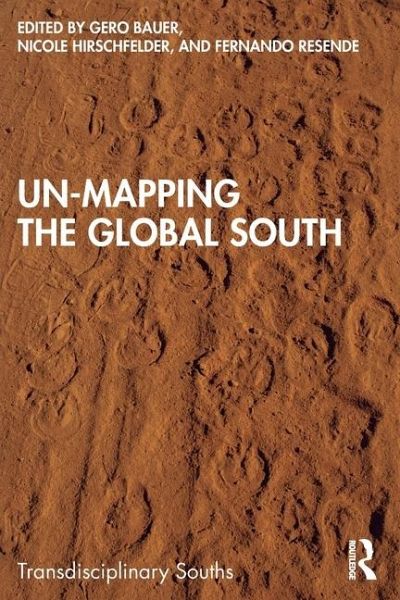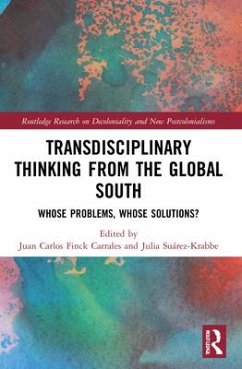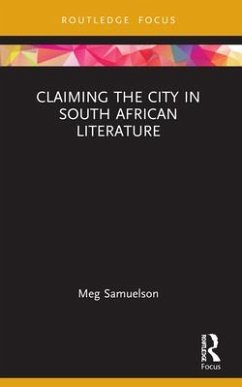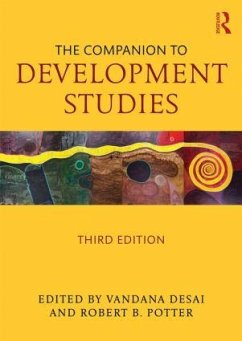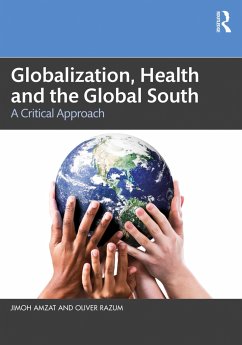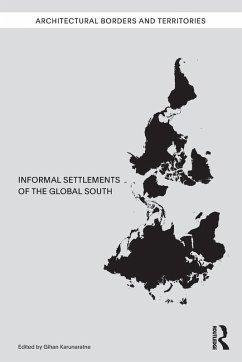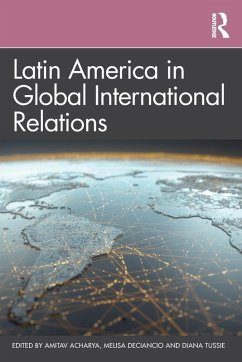Broschiertes Buch
Un-Mapping the Global South
Versandkostenfrei!
Versandfertig in 1-2 Wochen
Weitere Ausgaben:

PAYBACK Punkte
37 °P sammeln!




This book offers new approaches and insights into the ongoing and topical discussions on the concepts and definitions of the global south.
Gero Bauer teaches English Literature and Cultural Studies at the University of Tübingen and is the managing director of Tübingen's Center for Gender and Diversity Research. Nicole Hirschfelder teaches and researches North-American literary and cultural studies at the University of Tübingen. Fernando Resende is Senior Lecturer and Research Coordinator at the Department of Media and Cultural Studies and at the Graduate Program in Communication at Universidade Federal Fluminense and the coordinator of TRAVESSIA - Centre for Global South Studies and Researches. PQ/CNPq Grant Resarcher.
Produktbeschreibung
- Transdisciplinary Souths
- Verlag: Taylor & Francis Ltd
- Seitenzahl: 308
- Erscheinungstermin: 19. März 2024
- Englisch
- Abmessung: 234mm x 156mm x 17mm
- Gewicht: 532g
- ISBN-13: 9781032727462
- ISBN-10: 1032727462
- Artikelnr.: 69484586
Herstellerkennzeichnung
Libri GmbH
Europaallee 1
36244 Bad Hersfeld
gpsr@libri.de
Für dieses Produkt wurde noch keine Bewertung abgegeben. Wir würden uns sehr freuen, wenn du die erste Bewertung schreibst!
Eine Bewertung schreiben
Eine Bewertung schreiben
Andere Kunden interessierten sich für




